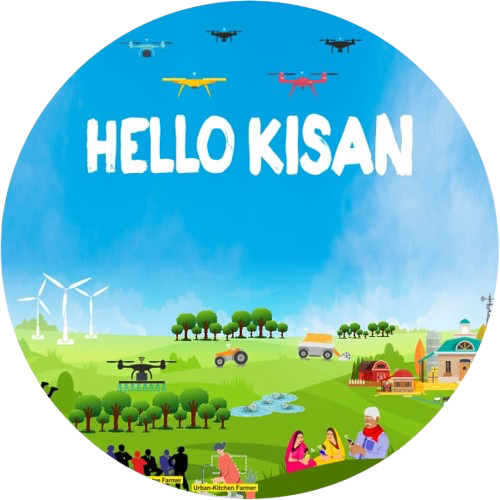
Supervision & Trust Compass of Great Farm Managers. Parameters For Evaluation 10/14

Farm Management Companies. Trust grows when contracts, audits, and third-party checks keep everything black-and-white, not grey.
Step 1 of 4
Review
Third-Party Supervision & Trust-Building
Your Answer:
Third-Party Supervision & Trust-Building
Your Answer:
Third-Party Supervision & Trust-Building
Your Answer:
Third-Party Supervision & Trust-Building
Your Answer:
Third-Party Supervision & Trust-Building
Your Answer:
